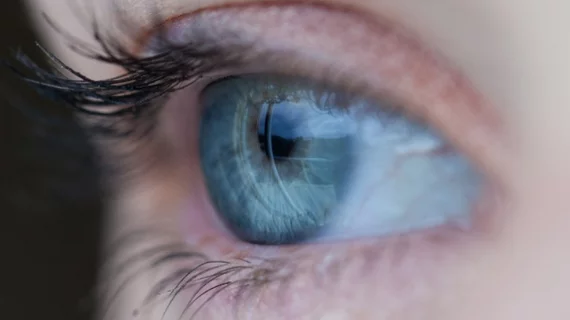Sydney research team awarded $1M grant for 3D pen used to treat eye wounds
A research team at University of Sydney's Save Sight Institute in Australia was recently awarded a $1.1 million grant for a biopen that treats eye wounds.
The grant was awarded through the New South Wales (NSW) Medical Devices Fund to progress the commercialization of the institute's iFix pen.
The iFix is a corneal pen that seals eye wounds to treat corneal ulceration, promotes active healing of the wound site and reduces scarring.
"The 3D printing pen works by releasing bioink directly onto the eye to help corneal cells regenerate and create a biological barrier to ongoing damage, including infection," a press release said.
The pen was developed by a research team led by University of Sydney professor Gerard Sutton at the Save Sight Institute. Last year, the team won the Big Idea—a Sydney Research innovation challenge—and was able to further develop the iFix concept.
The iFix pen is currently undergoing animal testing and the first phase of a human trial is expected to begin next year.
“The iFix pen is one part of an overall corneal bioengineering project and, with the support from The Big Idea and the Medical Devices Fund, we are also hoping that within the next five to 10 years, we will be able to develop a 3D bioengineered cornea," Sutton said in the release.

